FRISCO, Texas (AP) — Texas Tech coach Joey McGuire had already completed his portion of Big 12 football media days when Colorado’s Deion Sanders was asked if he has been paying attention to what the Red Raiders did in the transfer portal.
The gist of that question was really about all the money for Texas Tech athletes, which is widely reported to be around $55 million for the upcoming school year. A significant chunk of that is expected to go toward the transformation of a football program that has never won a Big 12 title or even had a 10-win season since 2008, six years before three-time Super Bowl champion quarterback Patrick Mahomes played his first game for the Red Raiders.
“Yeah, Joey got some money. Joey, where you at, baby? Spending that money, I love it,” Sanders said emphatically about the fellow Big 12 coach he calls a friend, and who coached two of his three sons in high school. “I love you, man. I appreciate you. Can you send a few of those dollars to us so we can get some of those players too?”
The reported dollar figures are staggering, even in these early days of schools being able to pay athletes directly. That total supposedly includes the maximum $20.5 million of revenue each school can share with players under the NCAA’s landmark House settlement that took effect this month, meaning the rest would come through name, image and likeness deals.
Red Raiders spending big
Last fall, Texas Tech said it was budgeting $14.7 million for the fiscal year — about $9 million more than the previous year — in support for the athletic program, which had a budget of nearly $129 million. The headlines started to come soon after.
Tech’s softball team had never won a Big 12 regular-season or tournament championship before standout pitcher NiJaree Canady arrived last year in Lubbock with a NIL deal that made her the first $1 million softball player.
With Canady, who had been to the previous two Women’s College World Series with Stanford, the Red Raiders won both of those league titles and got all the way to the final game of this year’s WCWS before losing to rival Texas.
Canady has already signed a similar NIL deal for next season. Tech also added three top transfers: Florida second baseman Mia Williams; two-time 20-game winner Kaitlyn Terry from UCLA; and Missouri Valley Conference player of the year Jackie Lis, an infielder from Southern Illinois.
Along with all the money spent on players, Texas Tech this spring unveiled a $240 million football complex at Jones AT&T Stadium, where Cody Campbell Field is named after the former offensive lineman who made a $25 million donation to the project.
Campbell’s financial impact on the program goes well beyond that. He is chairman of the school’s Board of Regents, a billionaire who with his oil and gas partner John Sellers co-founded The Matador Club, the school’s NIL collective that is now under the umbrella of the athletic department’s Red Raider Club. Sellers and Campbell earlier this year sold some subsidies of an oil and natural gas company for about $4 billion.
Last week, Campbell announced the launch of a nonprofit called Saving College Sports to help solve a “crisis” as the industry “faces an existential turning point as legal, governance and economic challenges threaten” hundreds of thousands of athletes, fandom and the economies of campus communities.
On the gridiron
The Texas Tech men’s basketball program has four Sweet 16 appearances since 2018, including a run to the national title game in 2019. But the big moneymaker for all programs is football and the Red Raiders will find out this fall if a big financial commitment to those players will get them into the 12-team College Football Playoff.
Texas Tech brought in 22 football transfers in what many consider a top national portal class. Most are highly touted players, with about half expected to be starters and most of the others impact players on a team already with several key returners after going 8-5 last year in McGuire’s third season.
“Yeah, it’s been a fun offseason,” McGuire said before Sanders took the podium. “We were really aggressive whenever it came to the portal and meeting some of our needs for the football team. … I think this conference is really strong. There’s a lot of teams that have some big opportunities this year to really make a statement, and we’re planning on being one of them.”
With the amount of money involved, some front-loaded NIL deals before the House settlement with new guidelines went into effect, it will certainly be a huge and expensive disappointment if they are not.
“I understand how important this year is,” McGuire said. “We’ve got to have a lot of things go right, but everybody does. You’ve got to keep your quarterback healthy. You’ve got to play at a high level. I know there’s a lot of expectations. My job that I’m going to really try to do is keep the pressure on me and the coaches.”
Tech returns senior quarterback Behren Morton, who threw for 2,976 yards and 25 touchdowns last season, and senior linebacker Jacob Rodriguez, the league’s top tackler with 126 last year. Rodriguez is the preseason Big 12 defensive player of the year, and on the league’s preseason team with a pair of four-star transfers: edge rusher David Bailey (Stanford) and defensive lineman Lee Hunter (UCF).
“It’s unbelievable, those guys came in and bought in to what we were talking about,” Rodriguez said. “I love those guys to death already and I think they’re going to make my job a lot easier, especially with the guys we have up front.”
It will also be up to McGuire to deal with paid players, some making significantly more than others on the roster.
“I think that goes into your culture,” the former Texas high school coach said. “It’s real. It’s real money. Guys are making different amounts of money in the locker room.
“One thing that you better understand if you dream to play in the NFL, your contract’s not going to be the same as the guy next to you, and if that’s what you focus on, then you’re going to spend a lot of time wasting a lot of energy,” McGuire said. “If guys want to increase that, focus on what you can control. That’s your game and how hard you’re practicing and how hard you’re playing.”
AP Sports Writer Schuyler Dixon contributed.
AP college football: https://apnews.com/hub/college-football

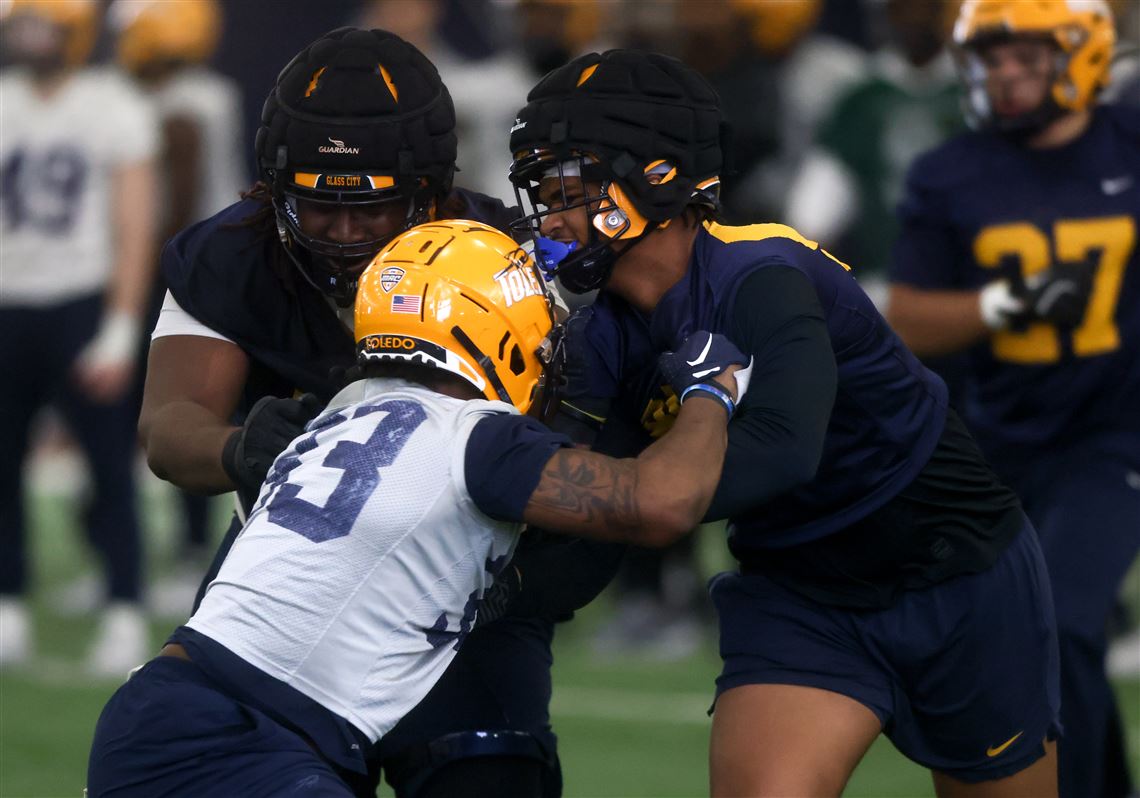
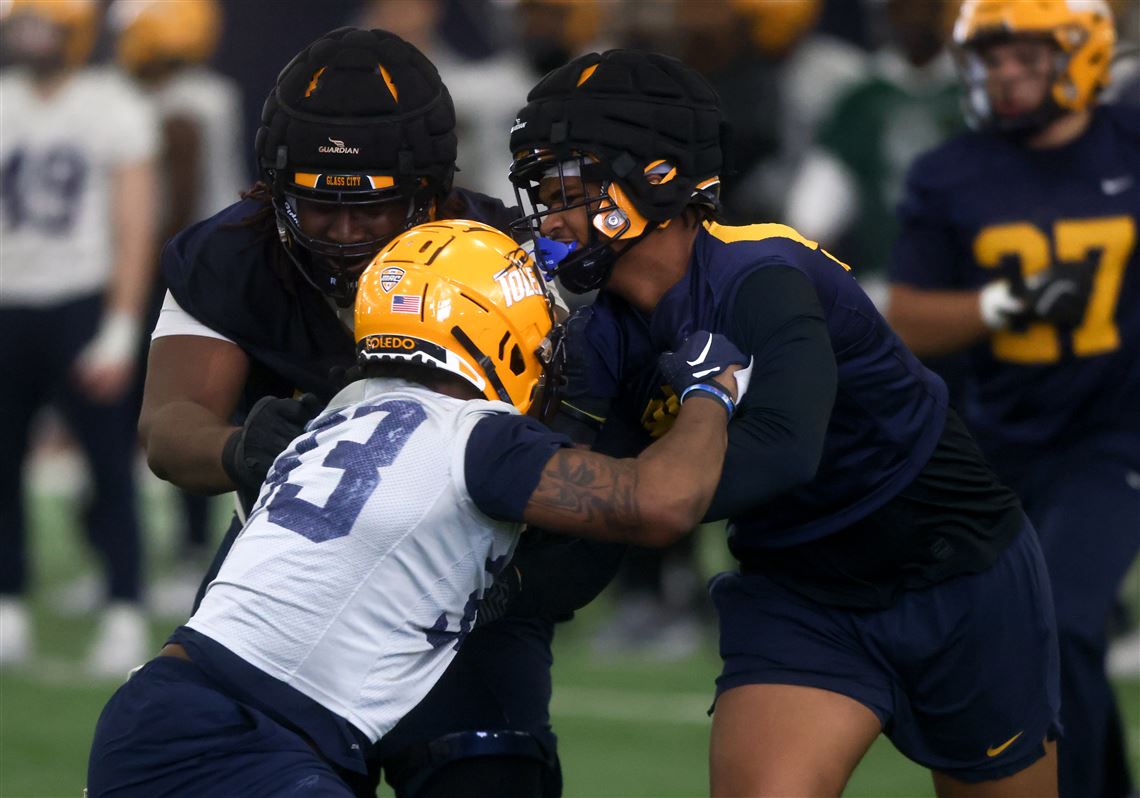

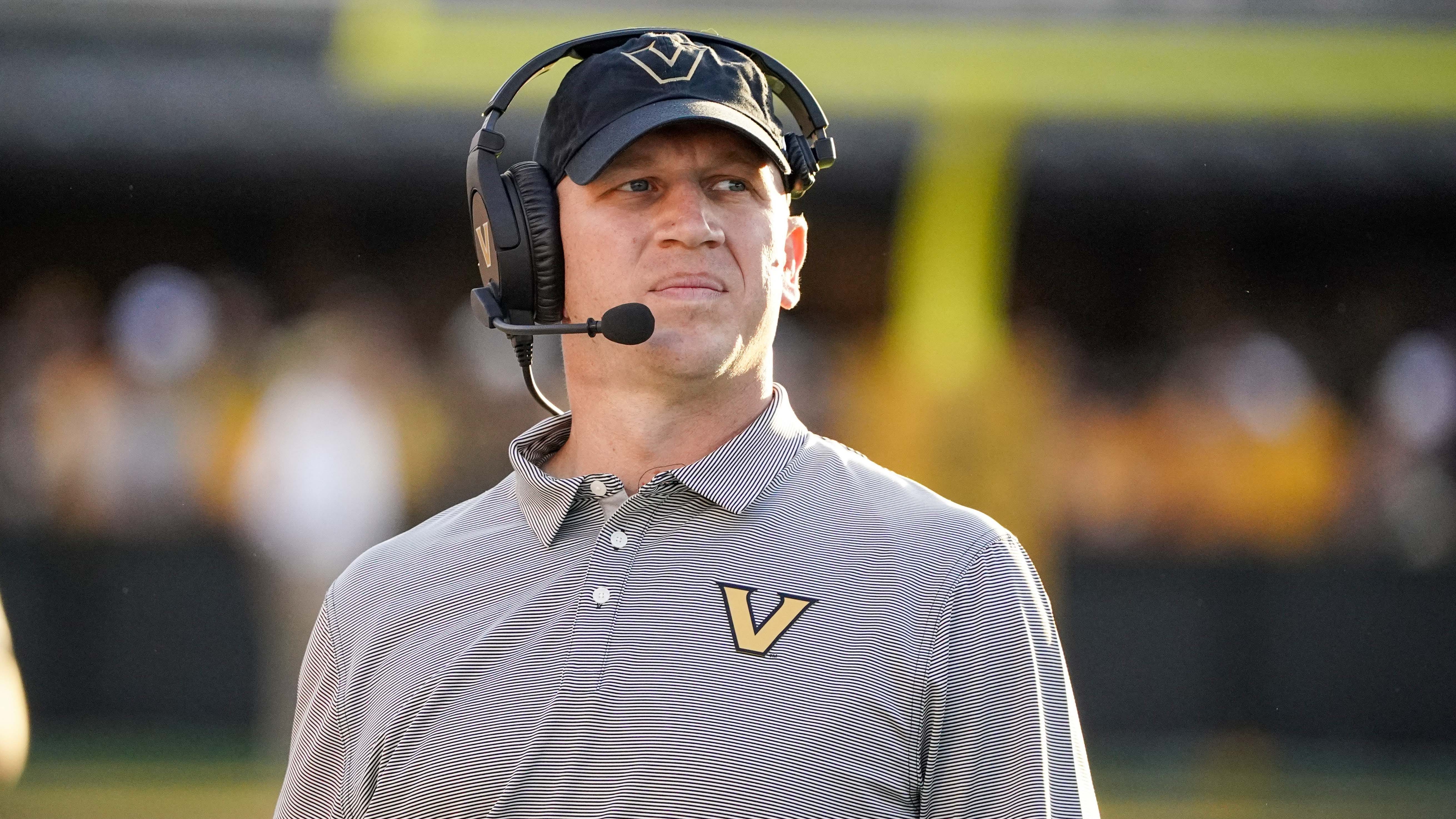




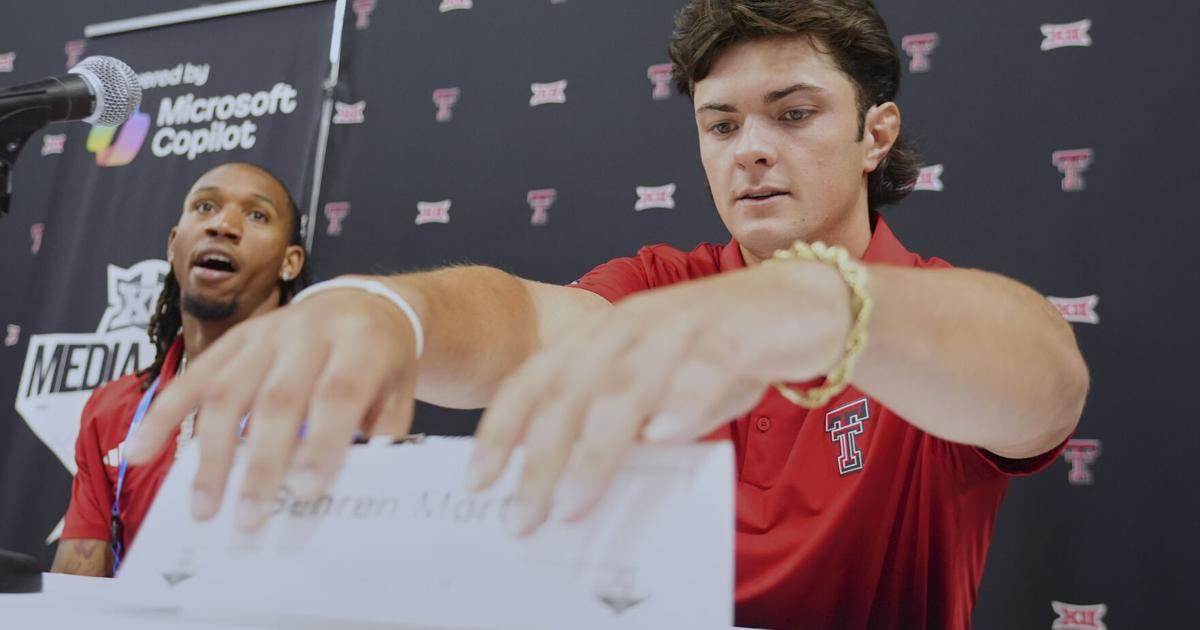








































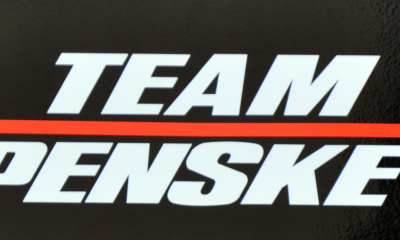







 BREAKING: NBA MVP Shai Gilgeous-Alexander signs the RICHEST annual salary in league history
BREAKING: NBA MVP Shai Gilgeous-Alexander signs the RICHEST annual salary in league history
